The real estate market has bottomed out.

On behalf of real estate businesses, we thank the Newspaper. Workers Organizing the seminar "Removing legal obstacles for real estate" at this stage is very timely when the issues need to be drastically resolved and included in the Law being prepared for approval.
All leaders, research agencies, and business communities clearly understand that legal problems are very important in the real estate market. We have reported to the Government that the biggest difficulty is legal, accounting for 70% of the problems of projects.
There are 3 levels of problems. The biggest problem is that some regulations lack consistency, are contradictory, and conflict with the law. Some regulations in sub-law documents related to land in the real estate sector are also problematic. In particular, there are problems in law enforcement by civil servants of departments and branches. With the same document, some localities have solved the problem relatively well, while some localities have not been able to resolve it, causing congestion for local projects.
The second biggest problem is access to capital. In addition to equity capital, real estate enterprises have relied on four other sources of capital in recent times. The first is capital from the stock market, currently there are more than 1,600 listed enterprises, of which only more than 169 are real estate-related enterprises. This number is very small, not enough to exploit capital in the stock market.
Second is capital from bonds, but since the third quarter of 2022, it has been blocked. Up to now, the bond market is still stuck despite Resolution 08 for adjustment.
The third major problem is credit from commercial banks. This is a source of seed capital, acting as a "midwife", a great support for businesses but has not been exploited.
The rest is capital from customers and partners, but when the initial problems are not solved, these problems are also blocked. Especially capital from partners and foreign capital (FDI) forces domestic enterprises to "sell" projects cheaply, or to give high discounts to invest. Simply put, they are like "cumbersome" waiting to "hunt" for "dead" projects. This is a huge disadvantage for domestic enterprises.
Currently, the most favorable segment is probably industrial real estate. The 3-year pandemic has not affected this sector much, which also creates conditions to promote other industries.
Regarding the market, I think we should use the term bottom zone now. Many people think that the bottom of the market is somewhere in April or May this year. But based on data from the Ho Chi Minh City Department of Construction, I think the bottom zone is from the first quarter of 2023 when the growth of the real estate sector is negative 16.1% but gradually improves from then on.
At the end of the second quarter of 2023, growth was still negative at over 11%. But from the third quarter, it was only negative at over 8%.
Regarding legal problems, there are currently three issues: legal regulations; sub-law regulations such as decrees and circulars; and provincial decisions. These problems cause difficulties for officials and civil servants in handling documents related to the real estate sector, such as fear of responsibility, shirking responsibility, and reluctance to make suggestions.

The issuance of regulations by the Central Government on protecting the rights of officials who dare to think and dare to do will contribute to reviving the spirit of civil servants. Along with that, Resolution 18 of the 13th Party Central Committee on "Continuing to innovate and perfect institutions and policies, improving the effectiveness and efficiency of land management and use, creating momentum to turn our country into a developed country with high income" has emphasized the need to amend the 2013 Land Law and related laws to ensure consistency and unity.
In my opinion, the Land Law (amended) currently being considered and prepared for approval by the National Assembly with more than 200 pages is a massive work, but reading the most recent draft, there are still some problems, including the issue of land access for enterprises stipulated in Article 128.
Accordingly, the draft stipulates two options: enterprises only accept the transfer of residential land or residential land and other land to be allowed to do commercial housing projects. So, how can there be land to do large commercial housing projects, large-scale urban areas? In the center of Ho Chi Minh City, if it is residential land, the largest is only a few thousand square meters.
In case of buying 10 hectares of agricultural land or 2 hectares of factory land, it is still impossible to do the project because there is no residential land. In my opinion, this is unreasonable and needs to be adjusted appropriately to facilitate the development of commercial projects.
In addition, I also hope that there will be appropriate regulations to facilitate the development of social housing, housing for workers and the renovation and reconstruction of old apartment buildings. I hope that the revised Land Law will be considered and passed at the appropriate time.
In addition, it is very important to amend related laws such as the Housing Law (amended), the Real Estate Business Law (amended) to ensure consistency and consistency with the Land Law, along with the Law on Credit Institutions and the Law on Property Auction.
Source: https://nld.com.vn/kinh-te/bao-nguoi-lao-dong-to-chuc-toa-dam-thao-go-vuong-mac-ve-phap-ly-cho-bat-dong-san-20231108184451111.htm


![[Photo] Solemn opening of the 8th Congress of the Central Public Security Party Committee, term 2025-2030](https://vphoto.vietnam.vn/thumb/1200x675/vietnam/resource/IMAGE/2025/10/4/f3b00fb779f44979809441a4dac5c7df)
![[Photo] General Secretary To Lam attends the 8th Congress of the Central Public Security Party Committee](https://vphoto.vietnam.vn/thumb/1200x675/vietnam/resource/IMAGE/2025/10/4/79fadf490f674dc483794f2d955f6045)
![[Photo] Bustling Mid-Autumn Festival at the Museum of Ethnology](https://vphoto.vietnam.vn/thumb/1200x675/vietnam/resource/IMAGE/2025/10/4/da8d5927734d4ca58e3eced14bc435a3)



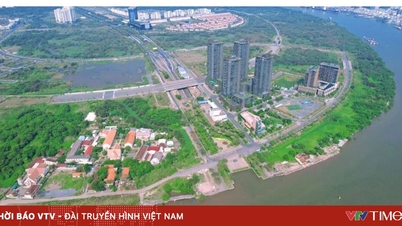

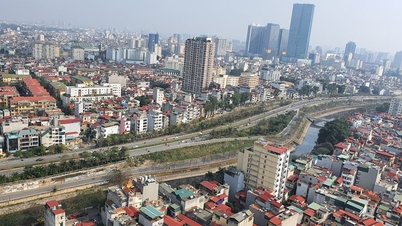


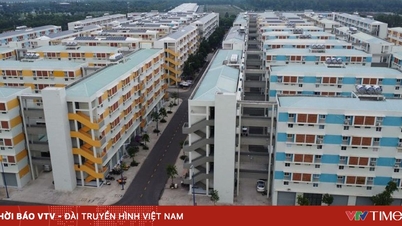


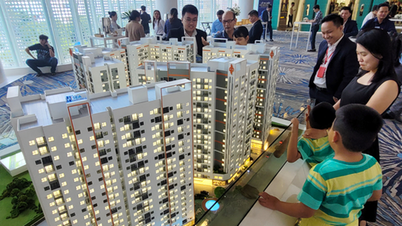


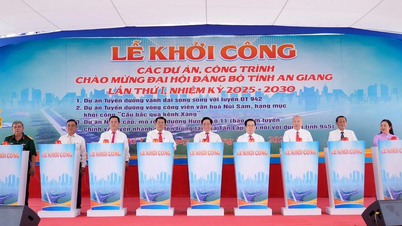









































![[VIDEO] Summary of Petrovietnam's 50th Anniversary Ceremony](https://vphoto.vietnam.vn/thumb/402x226/vietnam/resource/IMAGE/2025/10/4/abe133bdb8114793a16d4fe3e5bd0f12)

![[VIDEO] GENERAL SECRETARY TO LAM AWARDS PETROVIETNAM 8 GOLDEN WORDS: "PIONEER - EXCELLENT - SUSTAINABLE - GLOBAL"](https://vphoto.vietnam.vn/thumb/402x226/vietnam/resource/IMAGE/2025/7/23/c2fdb48863e846cfa9fb8e6ea9cf44e7)























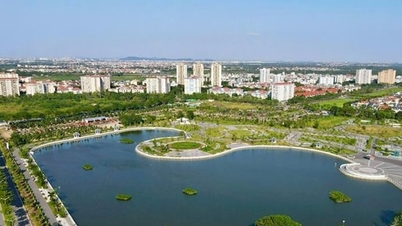









Comment (0)